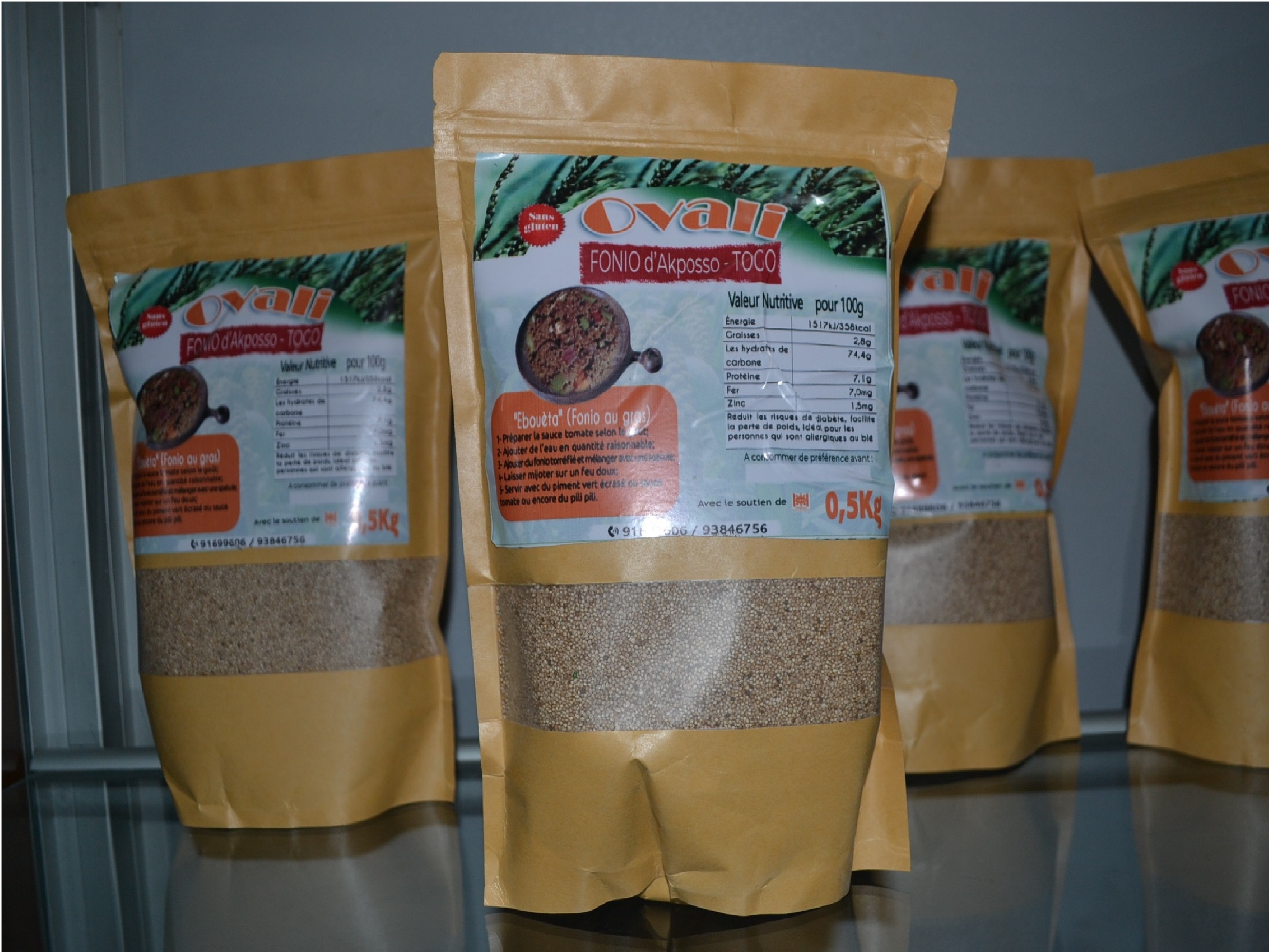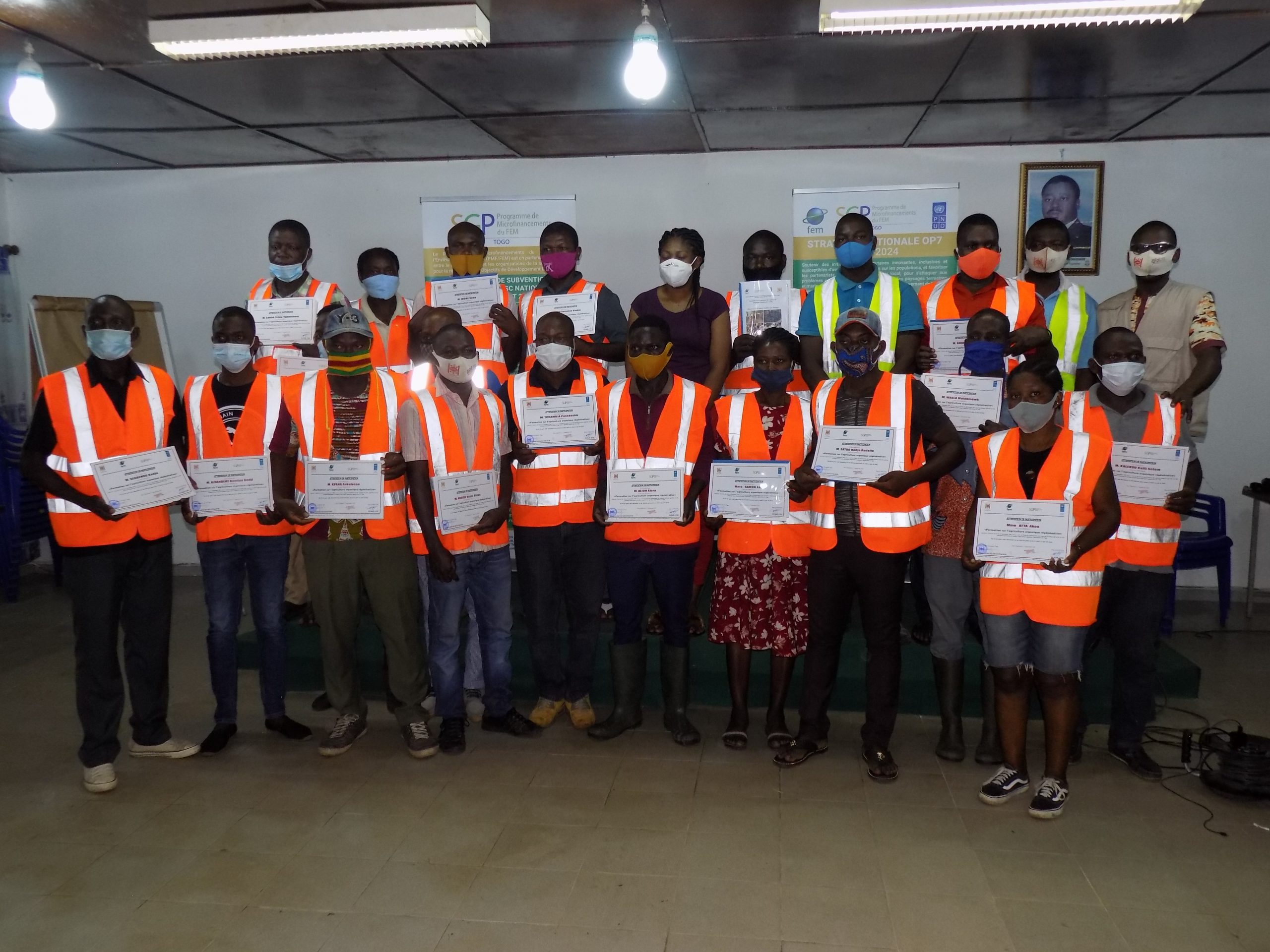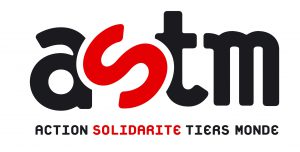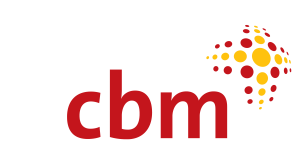Inades-Formation Togo
NATIONAL ASSOCIATION SINCE NOVEMBER 1999
Key figures
9,299 beneficiaries
663 organizations supported
09 completed projects
Story
Inades-Formation Togo was created in January 1972 with its headquarters in Dapaong. This headquarters moved successively from Dapaong (Far North of the country), to Atakpamé and then to Lomé with a branch in Sokodé which no longer exists. Inades-Formation Togo signed a technical cooperation agreement with the Togolese government on January 23, 1987. Inades-Formation Togo has become an autonomous national association of Inades-Formation internationale since November 1999 after a transition to Orientation Council and then to Management Consulting. The Association of Inades-Formation Togo is registered under N° 0284/MISD-SG-DAPSC-DSC dated 26 February 2004. It has a General Assembly which meets every year with a national Board of Directors which appoints a Director of the national office. The Board of Directors meets by statute twice a year. The office intervenes by program / project, directly in connection with the DOS of the network.
Projects

Food for Sovereignty Project

CPDI project

ASTM Human Rights Project

GDT GDF Project
The authorities of Inades-formation Togo
1. The General Assembly
The General Assembly is the supreme organ of the association. It determines the general orientations of the Association’s activity and the objectives to be pursued.
2. The Executive Committee
The Executive Committee has the most extensive powers on behalf of the National Association in matters of administration. In particular, it has the powers of:
- Appoint the Director of the National Office and submit it to the approval of the President of the International Association
- Ensure the application of the decisions of the General Assembly;
- Approve the action plan;
- Approve the Annual Work Plan (PTA) and the corresponding budget;
- Read more ….
3. The Supervisory Board
The Supervisory Board has the following missions, among others:
- Monitor the achievement of the Association’s corporate purpose;
- Periodically monitor the Association’s expenses and suggest ways and means of optimizing the budget for overheads;
- Follow the management of the association by the Executive Committee and offer advice for improvement if necessary;
- Ensure the preservation of heritage;
- Ensure compliance with legal and regulatory requirements as well as the decisions of the bodies.
4. The National Office

Mrs ADOUSSI Sélome
Director of the National Office

Mr. NIPASSA Kwadzo
Head of the Administrative and Financial Department

Mrs HOUNSIME Kadokpê
Communication Officer

Mr. MAKENOU Tchoekewo
PATARRC Program Officer

Mrs SASSABI Hodalo
PAGol Program Officer

Mrs AKAKPOVI Améley
Executive Assistant

Mr. DOULABE Koffi Anaté
Assistant to the administrative and financial department

Mr. AFFO Ismaïlam
Human Resources Management Assistant

Miss LOMBO Assolima
Documentalist

Mrs WOEDEME Mawuli
In charge of the switchboard and reception

Mr. KPLOMEDO Koku Mawuko
Driver

Mr. SEBO Aboubakar
Liaison Officer

Mr. LAWSON Latévi Héchéli
Maintenance Manager
Inades-Formation Togo Contact
Phone
+228 22 25 92 16
+228 91 38 53 32
Geographic address
Av de la chance, bretelle de Bè klikamé | Carrefour GTA, non loin de Beneficial Life
E-mail address
inadesformation.togo@inadesfo.net








